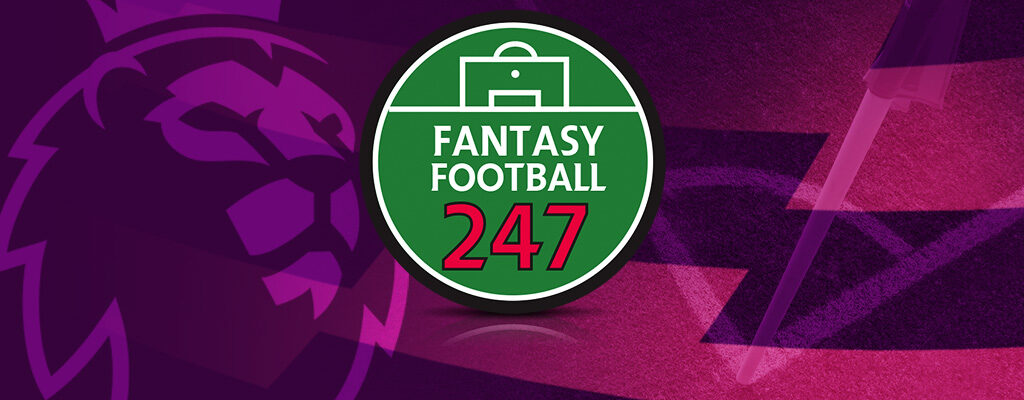A UK guide to streaming the World Cup 2022
With football fans anxiously keen to see every ball kicked, we identify the broadcasters and the best ways to banish the buffer while streaming online.
The FIFA World Cup finals of 2022 kick off with the first Group A match on Monday, November 21st.
Taking place exclusively in Qatar, the tournament starts with Senegal versus the Netherlands in Dohar’s Al Thurmama Stadium. The following 28 days promises to be a hot, colourful festival of football not to be missed by excited fans worldwide.
Every minute of every game
UK audiences watching from home can see every minute with complete coverage.
The BBC and ITV (STV in Scotland) are sharing exclusive, free-to-air TV and online broadcasting of all World Cup 2022 games. Conveniently too, with Qatar time only +2 hours ahead, the matches are scheduled to run from 10am-7pm throughout.
In this guide we’ll preview the online ways to watch before giving tips on optimising broadband performance.
BBC iPlayer
England’s first Group B match against Iran airs on the BBC at 1pm on November 21st. The broadcaster also has England’s final group game versus Wales, along with a first pick of semi-final fixtures.
BBC matches will stream live on BBC iPlayer, available online and across multiple platforms. These include apps for iOS (Apple), Android, PlayStation, Xbox and Amazon Fire TV.
Be sure to download and register the mobile app to enjoy coverage while travelling. BBC Radio 5 Live will also have audio commentary and analysis you can stream via the BBC Sounds services.
ITV Hub / STV Player
ITV’s equivalent streaming service is ITV Hub, with STV Player available for Scottish viewers. Both are available across web-enabled devices and smartphones for watching on the move.
Featured games include England’s second group fixture versus the USA on November 25th. The broadcaster also has 1st and 2nd match picks for the last 16, plus a 1st selection game from the quarter-finals.
Do I need a license to stream the matches?
To watch any LIVE broadcast streams in the UK you must have a valid TV license.
So this applies directly to World Cup matches being aired on BBC iPlayer and ITV Hub as they take place. On iPlayer, you must also hold a TV license to watch previously broadcast games or highlights on catchup.
The latter does not apply to ITV Hub, however. You are permitted to stream old (no longer live) match programmes here on catchup without requiring a TV license.
What speed broadband do I need for streaming?
Streaming live high definition video does benefit from fast broadband. The general rule is, get as many Mbps as your budget affords.
However, it’s not true to say that a good ADSL connection of up to 8Mbps won’t be enough. In small households this will be sufficient, but it will struggle if you try to do anything else online at the same time.
Ideally though, fibre-based broadband of 35Mbps+ is recommended for the very best experience. Higher speeds will be essential for 4K streaming, with BBC iPlayer likely to support this resolution for World Cup broadcasts. If you need a faster connection, you can compare broadband deals through a broadband comparison website for free.
On mobiles, the UK average 4G speed is around 20Mbps. This should be more than enough to watch matches remotely where coverage allows. 5G is even better, with speeds well over 100Mb.
Tips for better streaming performance
There are certain things you can do to optimise a connection for maximum speeds.
It’s always best to maybe review your home network and think about ways to configure the setup, especially for WiFi performance.
Before the first ball gets kicked in November, consider this checklist:
Channel band. Use 5Ghz Wi-Fi if supported by your router.
Better position. Move the router to a central point in the home for best signal spread, or closer to the main TV or projector.
Wired up. If possible, use a network (ethernet) cable from TV to router.
Signal spread. For weak Wi-Fi signal spread, a mesh network kit is costly but effective upgrade for boosting coverage around big homes.
Clearing the field for play
Slowdown during video streaming can also be caused by too much network traffic.
This could be an issue for households during the World Cup, given the amount of matches available. In the group stages, games will stream daily from 10am to 7pm so it could get busy!
Think about watching together when possible and limit intensive web activity alongside. Turning off other web-enabled devices and automatic software updates can also help avoid bottleneck buffering.
If a connection still persists in being slower, try lowering the streaming video quality on the player app. Switching from 1080p to 720p temporarily could ensure you catch that winning goal…
And with live broadcasts airing simultaneously on free-to-air digital TV, streaming isn’t the only option!

